This is Barb Mrgich, Master Gardener from Adams County, Pennsylvania. I have sent in several entries in the past. (Butterflies in Barb’s Garden and Barb’s Favorite Photos ) I love lots of color in my gardens. In January, Joseph did an entry on yellow in the garden, and it inspired me to submit these photos. I really like his description that yellow flowers are “floral sunshine.” A little floral sunshine is never more appreciated than in the very early spring when things are looking rather dull and dreary! Although I like to consider myself a wildlife and native-plant gardener, I still rely on select nonnatives for beauty and color in the early season since I have found that most of my native plants shine better in midsummer and fall. All of these pictures were taken in mid-April in my Zone 6B garden.
If you are interested in adding some bright early accents to your landscape, here are some of my favorites.
This shrub is golden euonymus (Euonymus japonicus ‘Aureo-marginatus’, Zones 6–9). It likes some shade and is quite drought tolerant. A fast grower, it will reach 5 feet tall if you don’t prune it. Some people sheer this plant into a meatball. I simply take my clippers and cut back some of the taller branches. Golden euonymus will hold its leaves and look like this all summer, fall, and winter. It makes nice additions to indoor and outdoor flower arrangements—even in the winter!
A lovely bright Hosta (Zones 3–9) has leaves edged with green. I have no idea of the exact cultivar, but there are many to choose from. This one is just getting started. It will get much larger and stay bright in its slightly shaded spot all summer.
These small shrubs are Deutzia ‘Chardonnay Pearls’ (Zones 5–8). They do well in partial or full sun. (If in too much shade, they will lose their color.) I have them in front of two dark, red-leaved ninebark ‘Summer Wine’ (Physocarpus opulifolius ‘Summer Wine’, Zones 2–8), and I love the combination. ‘Chardonnay Pearls’ blooms in spring. It should be sheered just after it blooms.
Angelina sedum (Sedum rupestre ‘Angelina’, Zones 5–8) is a bright ground cover that will fill in an area very quickly. It is not at all fussy about anything. It welcomes sun or shade. In the shade it is more green, but still attractive. Drought doesn’t bother it one bit. It is evergreen. It will darken a little in the winter but will still be very much in evidence.
Weigela ‘Eye Catcher’ (Zones 5–9) is definitely eye-catching. This one is also just now leafing out. I love its variegated foliage. I like seeing the stand of white daffodils peeking through it.
This is what Weigela ‘Eye Catcher’ looks like a little later, when the leaves are fully out and flowers are opening. Spring is definitely its best season. As the summer wears on, it suffers, and the leaves wither some. It definitely needs a little bit of shade. It would probably benefit from more regular irrigation, but I don’t do that. The blue flowers in this picture are ‘Walker’s Low’ catmint (Nepeta ‘Walker’s Low’, Zones 4–8).
Let’s not forget the tulips! I love these bright yellow tulips with the red stripe. I brought some into the house, and, of course, the warmth encouraged them to open up wide. These tulips originally came from Hershey Gardens, where they give away bulbs to volunteers who are willing to dig them up and carry them away. These are in the group of tulips called Darwin hybrids, which are some of the best for perennializing. These were planted over 20 years ago, and they are still going strong!
Finally a native plant! This is golden ragwort (Packera aurea, Zones 3–8). It grows in my rain garden as a ground cover. It starts to bloom in April and continues through the month of May. When it is finished blooming, its nice big, shiny leaves cover the soil and do an excellent job of shading out the weeds.
Have a garden you’d like to share?
Have photos to share? We’d love to see your garden, a particular collection of plants you love, or a wonderful garden you had the chance to visit!
To submit, send 5-10 photos to gpod@taunton.com along with some information about the plants in the pictures and where you took the photos. We’d love to hear where you are located, how long you’ve been gardening, successes you are proud of, failures you learned from, hopes for the future, favorite plants, or funny stories from your garden.
Have a mobile phone? Tag your photos on Facebook, Instagram or Twitter with #FineGardening!
Do you receive the GPOD by email yet? Sign up here.
Fine Gardening Recommended Products
The Crevice Garden: How to make the perfect home for plants from rocky places
Fine Gardening receives a commission for items purchased through links on this site, including Amazon Associates and other affiliate advertising programs.
A crevice garden replicates the environmental conditions of mountain tops, deserts, coastlines, and other exposed or rocky places on earth. These striking garden features provide perfect conditions for the plants native to these far-off places, bringing the cultivation of these precious gems within everybody’s reach.
Planting in a Post-Wild World: Designing Plant Communities for Resilient Landscapes
Fine Gardening receives a commission for items purchased through links on this site, including Amazon Associates and other affiliate advertising programs.
Featuring gorgeous photography and advice for landscapers, Planting in a Post-Wild World by Thomas Rainer and Claudia West is dedicated to the idea of a new nature—a hybrid of both the wild and the cultivated—that can nourish in our cities and suburbs.
SHOWA Atlas 370B Nitrile Palm Coating Gloves, Black, Medium (Pack of 12 Pairs)
Fine Gardening receives a commission for items purchased through links on this site, including Amazon Associates and other affiliate advertising programs.
Lightweight and close-fitting for excellent dexterity. Machine washable. Breathable back of hand to reduce perspiration. Designed for easy movement and continuous wear. Ideal for aerospace, assembly, automotive, construction, final fix, gardening, manufacturing, operating machinery, packaging, precision handling, tiling, warehousing.



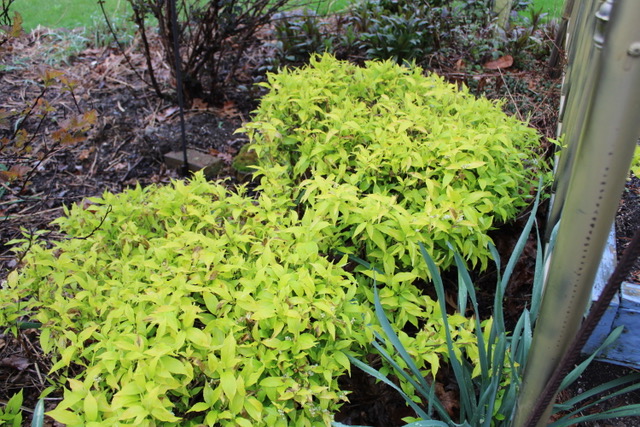





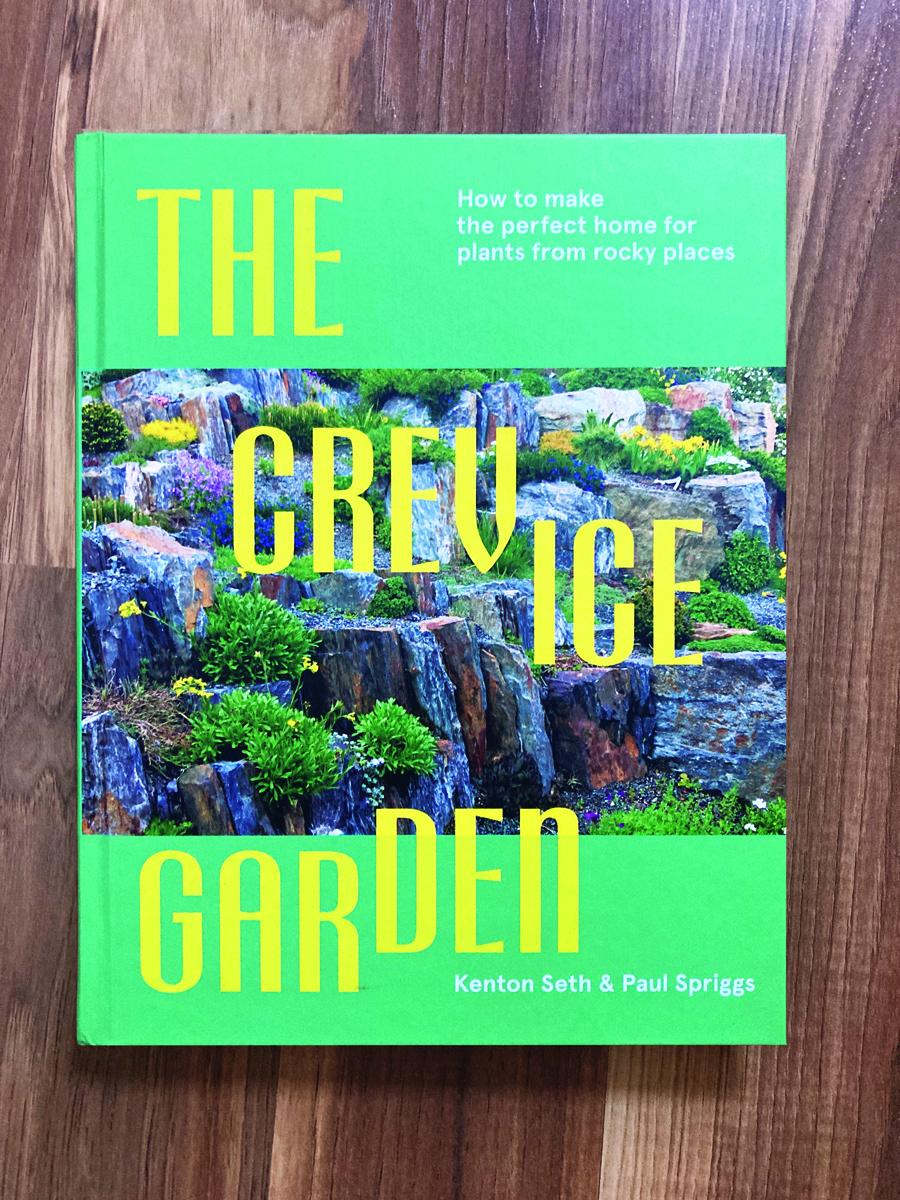
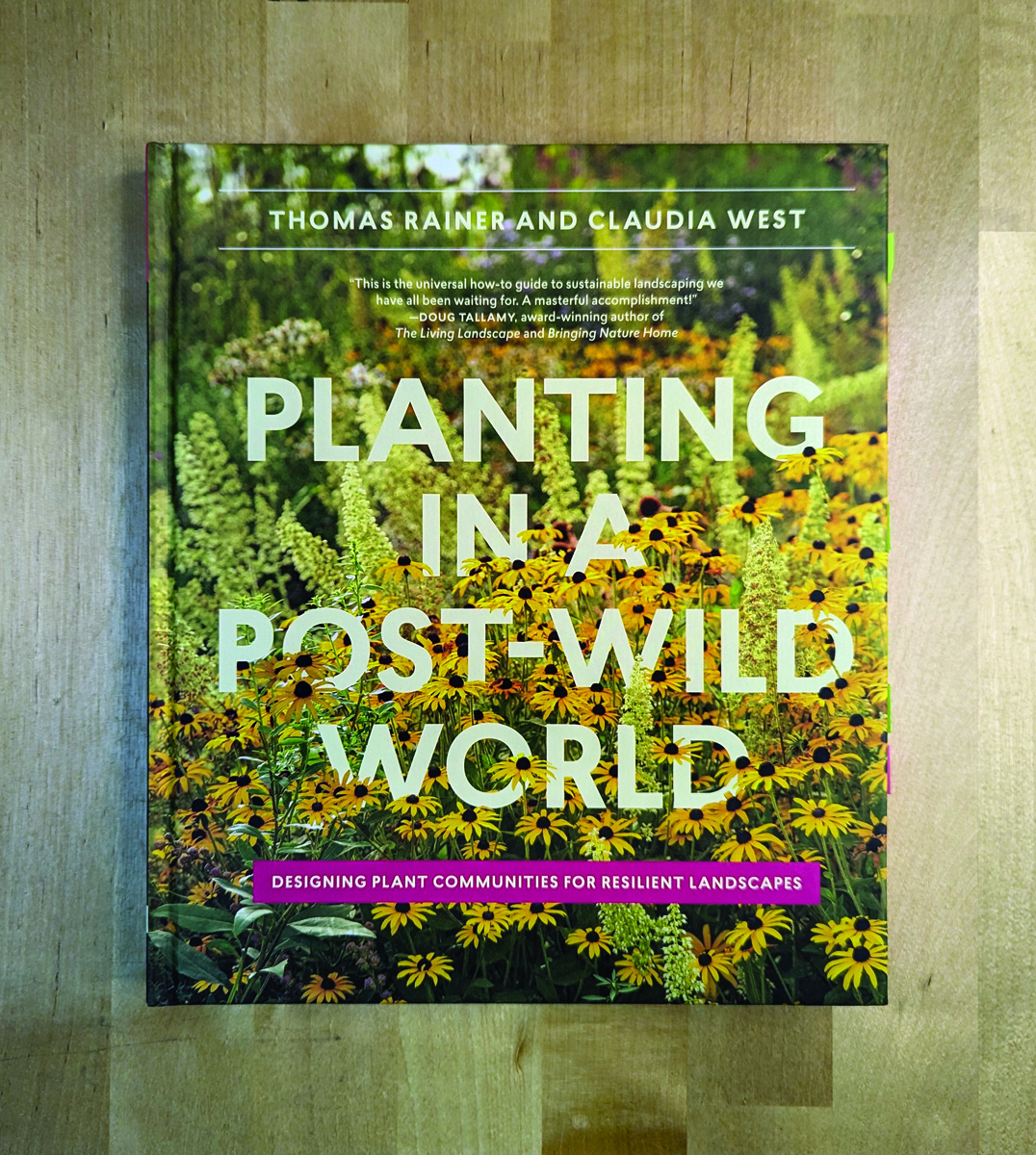



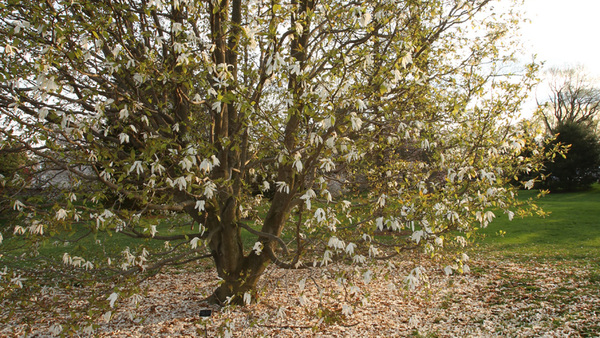

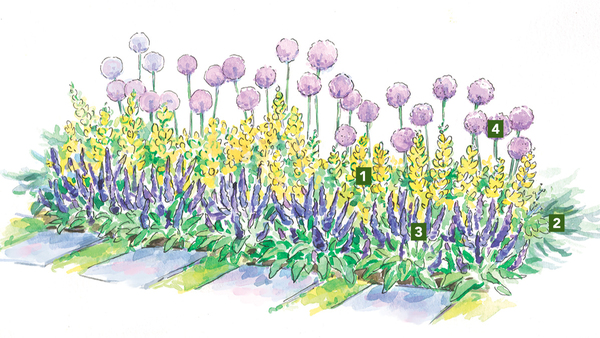
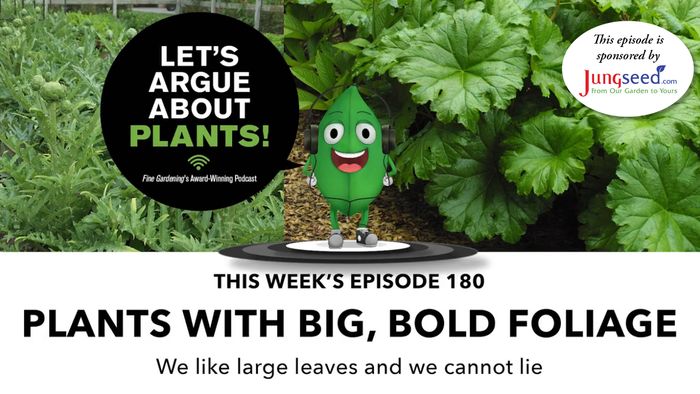
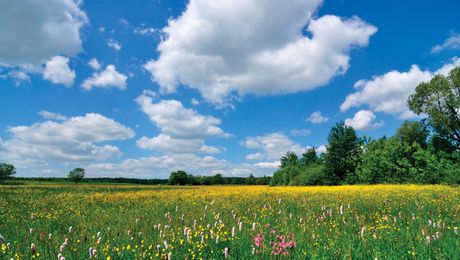
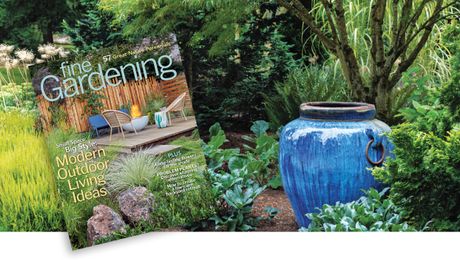










Comments
Thanks, Barb for the showcase of chartreuse, yellow, and gold. I've had Deutzia 'Chardonnay Pearls' for many years and I would recommend pruning those in a way which maintains some long branches rather than shearing too tightly. That's because the buds of the creamy white flowers really do recall soft white pearls which look stunning on longer branches loaded with the weight of the flowers. Cutting out a third of the inner branches later in the growing season is a great trick to optimize it's potential form.
Wow that is just gorgeous!
Love your bright colors in the garden.
So cheerful, all of your yellow foliage and flowers!
Love the yellow colors in your garden. Do you use the Hakonechloa macra in your garden? These grasses make great drifts and pair nicely with most plants.
Love the combinations in your garden and agree about shearing plants into meatball shapes - always makes me a little sad to see that... Those tulips are fantastic!
I also like to contrast the usual green plants with some limey yellows. Rather than euonymus, I like to use a variegated version of eleagnus. It is not as rigid in its structure. I also like to use golden heather and the yellow ceanothus ground cover. They are finicky growers, but when they are happy they really light up their space. Berberis also offers a lime colored version that takes a little less sun than the burgundy colors. I really love your tulips. Very unusual.
Log in or create an account to post a comment.
Sign up Log in